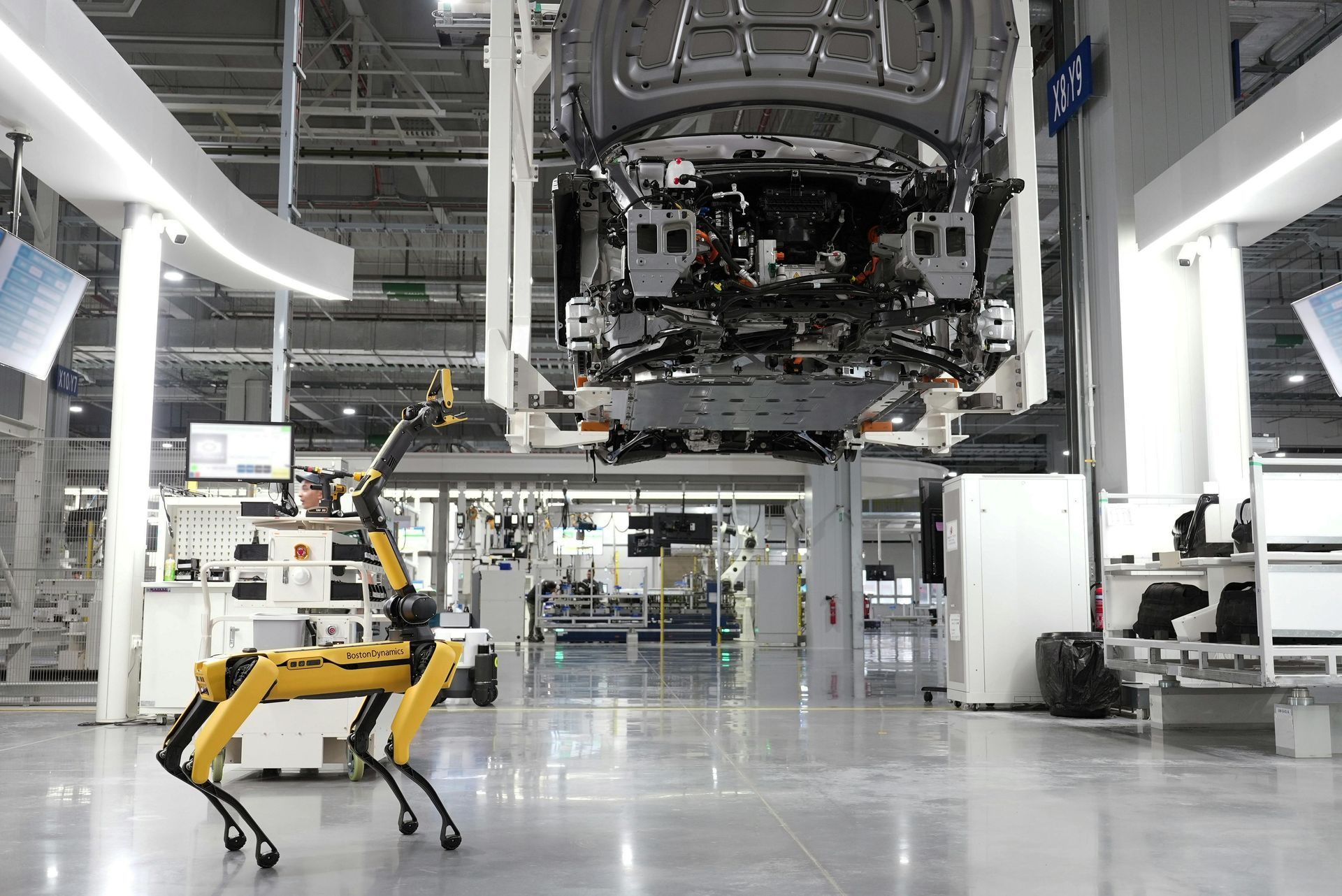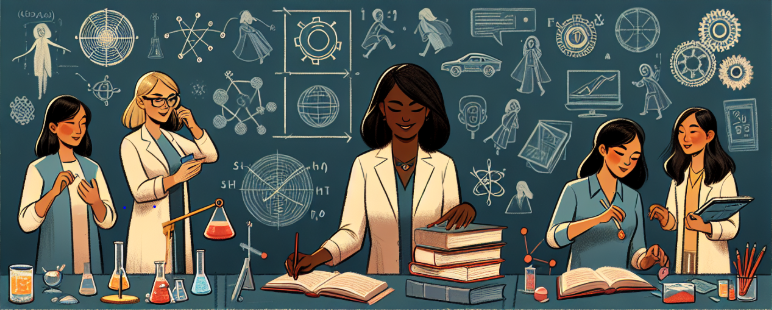The Economic Paradox of the Fully Automated Workforce
So we automated the jobs. Now what..?

What Happens When the Machines Take Over — But the Markets Stay Human?
Artificial Intelligence is rapidly transforming how we work. Across industries, businesses are embracing automation to increase efficiency, reduce cost, and enhance accuracy. But with every job streamlined or outsourced to code, a critical question comes into sharper focus:
If machines do most of the work, who still earns and who is left to buy?
This blog explores the broader economic tension underlying the promise of AGI. It's not to resist innovation, but to ask how we ensure it remains human-centred, sustainable, and economically sound.
The Promise of Automation
There’s no question that AI and automation have delivered tangible benefits. Repetitive tasks can be offloaded. Operational costs can be reduced. Data can be processed at scale, unlocking insights we couldn’t access before.
From customer service chatbots to predictive maintenance systems, businesses are seeing real productivity gains. It's understandable businesses are wanting to explore how to take it further.
But as we scale these tools across the workforce, we encounter an uncomfortable truth: productivity and prosperity are not always the same thing.
But automation isn’t a monolith. As AI pioneer Andrew Ng puts it:
“We should be much more focused on automating tasks, not jobs.”
“AI won’t replace you. A person using AI will.”
This distinction is key to building an economy where AI augments human potential rather than replacing it.
Where Are We Now?
Data from the McKinsey Global Institute supports this view:
“Less than 5% of occupations can be fully automated. But around 60% of jobs have at least one-third of activities that could be automated.”
— McKinsey Global Institute, 2023
This means we’re not facing mass job extinction we are looking at widespread job reshaping. The challenge ahead lies in how we redesign work, reskill teams, and ethically deploy automation to benefit both business and society.
The Economic Paradox
So if automation reduces the need for human labour, and wages begin to disappear from large segments of the population, consumer demand risks collapsing. We may find ourselves producing more, but selling less, simply because fewer people can afford to participate.
This is the paradox: an economy with endless productivity, but no one left to buy what’s produced.
Multiple Paths Forward
This dilemma has prompted economists, technologists, and business leaders to consider a range of responses. Each one offers a different perspective and each raises new questions.
🧭 Classical Economic Thinking: A Keynesian Response
John Maynard Keynes developed Keynesian economics and after the Great Depression. This came from the ideas presented by Keynes in his 1936 book, The General Theory of Employment, Interest and Money. He argued that when private sector demand falters, the government must step in to stabilise the economy. In the context of automation, that intervention might look like Universal Basic Income (UBI) - redistributing income so that people can continue to participate in the economy, even if traditional jobs decline. Supporters see this as a way to protect demand and avoid recession. Critics worry it could disincentivise work or strain government budgets.
Like all models, it depends on careful design and on public trust.
More on this at LSE Business Review.
🏭 The Capital Ownership Debate
Another perspective focuses on who benefits from automation. If only the asset-owning elite gain from increased productivity, inequality may deepen even as total output rises.
This view calls for broader ownership structures: employee profit-sharing, public AGI infrastructure, or cooperative business models that share the rewards of efficiency more equitably.
🧠 Speculative Models: Personal AGI Agents
Looking further ahead, some imagine a future where individuals own and train personal AGI systems - bots that work as their own personal agent, negotiate, and generate income on their behalf.
This concept reframes labour entirely. In this model, wealth doesn’t come from hours worked by humans, but from how well you’ve trained and directed your AGI. It’s an intriguing idea, but also one that raises concerns about digital access, ethics, and education gaps.
It's bold. It’s not imminent. But it’s increasingly part of future-thinking conversations as we design the next phase of economic participation.
What We Know, and What We Don’t
None of these models are silver bullets. Most are partial answers to a complex transition. What we do know is that decisions are being made now. Be it in boardrooms, development labs, or government halls, about how we automate, how we retrain, how we distribute value and this that will shape what this future looks like in tomorrow’s economy. We don’t claim to have the definitive answer. In truth, the future of work, automation, and income will likely involve elements of all these models which are adapted to local contexts, industries, and values.
We believe these decisions deserve careful thought, diverse voices, and ethical foresight.
Why This Matters for Businesses
AI adoption isn’t just a technical upgrade.
- The tasks you automate influence the skills you retain.
- The roles you redesign affect your long-term workforce value.
- The ethical standards you set now will shape your brand’s relevance in an AI-enabled market.
Businesses that lead with ethics today build resilience for tomorrow.
Designing Ethically. Acting Responsibly. Listening Always.
AI has enormous potential We believe AI can and should support human potential.
We also believe responsible adoption requires more than a roadmap.
How it’s used, who it empowers, and what it replaces are all choices. Strategic ones.
Because progress without participation isn’t progress. It’s displacement.
At Taylored Solutions, we guide our clients in building AI systems that are responsible and ethical, where efficiency doesn’t come at the cost of inclusion.
Final Thought
If we’re building a future where machines drive outputs, we need to ensure humans still drive the value and make sure it’s one where everyone still has a place.
We are here to help shape your IT future thoughtfully, collaboratively, and ethically.
And if you're wrestling with these same questions, you're not alone.
We don’t have all the answers. But we keep asking questions.
Sources for Further Reading:
- Artificial General Intelligence and the End of Human Employment (arXiv, 2025)
- Scenarios for the Transition to AGI – Korinek & Suh (NBER, 2025)
- Economic Policy Challenges for the Age of AI – Anton Korinek (NBER, 2025)
- In the Shadow of Smith’s Invisible Hand (arXiv, 2024)
- McKinsey Global Institute Report (2023)
- Andrew Ng – DeepLearning.AI
- LSE: Universal Basic Income and AI




